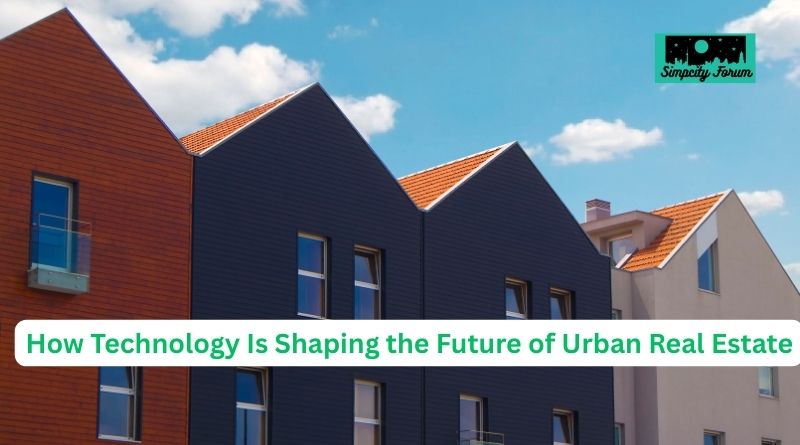Technology is reshaping cities, affecting real estate from smart cities to green projects. Working with a luxury real estate agent now requires tech savvy alongside local knowledge, as digital platforms and smart-city initiatives transform the market. Growing urban populations and sustainability goals present opportunities and challenges through data analytics, mobility, and digital systems to improve city living. This article highlights major technological changes impacting urban real estate, providing insights for investors, developers, city planners, and residents.
How Smart Cities Are Changing the Urban Landscape
A smart city uses ICT to enhance efficiency, info sharing, and services with connected infrastructure, sensors, real-time data, and integrated energy. Cities like Singapore, Barcelona, and Dubai deploy IoT sensors for traffic, waste, and energy management. Barcelona’s water tech cut usage by 25%, boosting sustainability. Urban design trends favor walkable, green, and adaptable spaces, using tech like digital twins for smarter planning. For those exploring how innovation and sustainability shape property markets, working with a knowledgeable Puerto Rico luxury real estate agent can provide valuable insights into communities that embrace modern living while preserving long-term value.
The Role of PropTech in Real Estate Transactions
PropTech refers to digital innovations that streamline or disrupt real estate markets, such as AI-driven platforms, blockchain-based leasing, and virtual transaction tools. These technologies accelerate transactions, allowing buyers, sellers, and renters to complete much of the process online. However, challenges include cybersecurity threats, the digital divide, and regulatory complexity in cross-border transactions. The primary benefits include efficiency, transparency, and scalability.
Sustainability and Green Building Innovations
Urban areas contribute over 70% of global CO2 emissions, making sustainable construction essential. Green building methods use recycled materials, energy-efficient designs, and advanced water management systems. These buildings, with features like solar panels and green rooftops, contribute to healthier environments, attract premium tenants, and reduce operational costs. Cities are mandating net-zero buildings as part of their sustainability goals. Investors prioritize environmentally friendly properties for their resilience and long-term value, reinforced by government incentives and consumer awareness.
Data-Driven Decision-Making in Modern Real Estate
Big data, aided by sensors and analytics platforms, significantly impacts real estate planning by aggregating vast data on traffic, demographics, market trends, and air quality. This information guides investment and design decisions, enabling more precise zoning, better infrastructure planning, and agile responses to urban sprawl. However, data also raises concerns about privacy and ethical use, necessitating stakeholders to balance innovation with responsible stewardship of personal and community data, following guidelines set by global organizations and local governments.
Virtual and Augmented Reality Transformations
Virtual reality and augmented reality (AR) are revolutionizing property tours and urban planning, allowing prospective buyers and tenants to visualize layouts and renovations before entering. These technologies benefit international investors and professionals, while city planners and architects use them to assess projects, model urban changes, and simulate community responses. While current limitations include the cost and learning curve, virtual experiences are expected to become standard in development and sales processes.
The Integration of Urban Mobility Solutions
Urban mobility improvements, including real-time public transit data, micromobility options, and ride-sharing ecosystems, are changing housing preferences. Transportation data helps cities identify bottlenecks, plan for future growth, and align new housing development with transportation hubs. Cities from New York to Shanghai are experimenting with smart traffic management systems, connected infrastructure, and integrated ticketing to support smoother commutes and more livable neighborhoods.
Key Challenges and Considerations for Cities
Rapid technological advancements can leave communities with limited digital access or financial resources, necessitating policymakers to address digital inclusion and affordability issues. Balancing innovation with local laws, privacy regulations, and ethical standards is crucial for smart solutions. Sustainable urban growth requires blending technological solutions with long-term environmental stewardship and social goals, ensuring progress benefits all urban residents.

